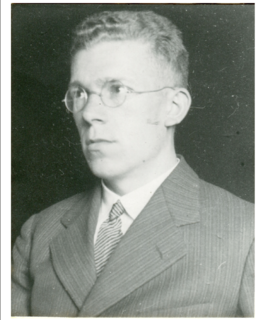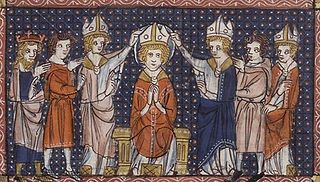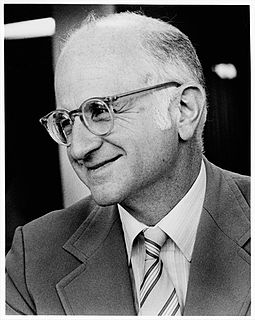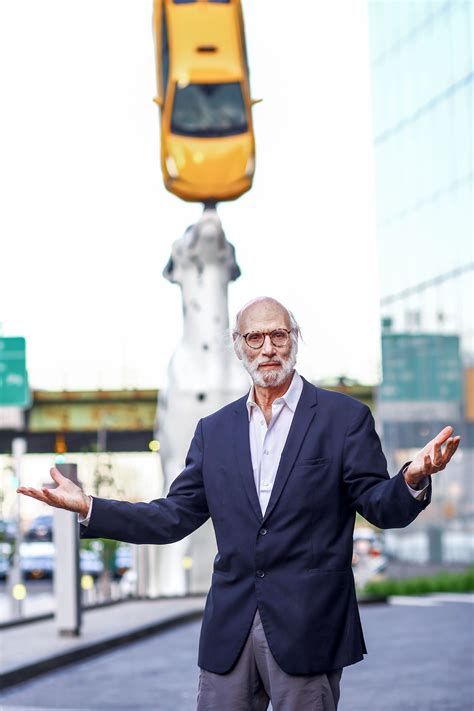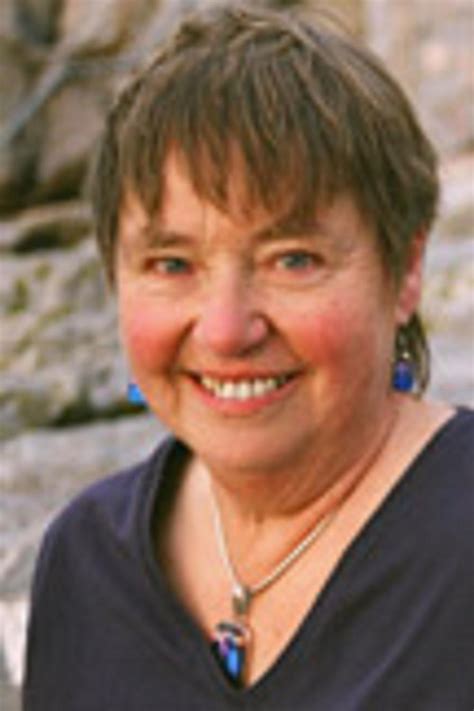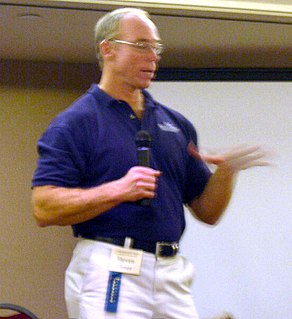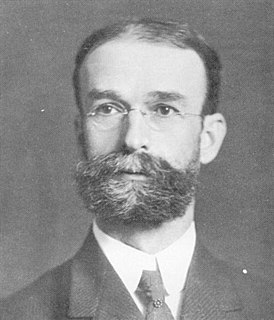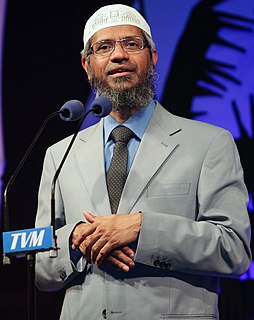A Quote by Hans Asperger
It seems that for success in science or art, a dash of autism is essential.
Related Quotes
If you have a child with autism, and he or she has good intelligence, with no delay in language learning maybe there is an advantage to autism as well? Maybe it gives them a better understanding of mathematics, or science? After all, the essence of science and the essence of autism is to notice patterns that others have not noticed.
I think one of the problems with the definition of autism is we keep expanding it. It started as "early infantile autism", and then it became "autism", and now it's "autism spectrum disorder". I'm not opposed to that from the standpoint of trying to broaden our vistas, and so forth. But from a research point of view, the term autism is lost in specificity.
I think that if I could do any sort of research of autism that I wanted to do, at this point I would take a sample of classic, early infantile autism persons and compare them with what I call "classic late onset autism", individuals. I think we will find that the cause of those youngsters with autism who have autism from birth is probably different than those who have late onset autism.
Statistics is the most important science in the whole world: for upon it depends the practical application of every other science and of every art: the one science essential to all political and social administration, all education, all organization based on experience, for it only gives results of our experience.
Gradually, ... the aspect of science as knowledge is being thrust into the background by the aspect of science as the power of manipulating nature. It is because science gives us the power of manipulating nature that it has more social importance than art. Science as the pursuit of truth is the equal, but not the superior, of art. Science as a technique, though it may have little intrinsic value, has a practical importance to which art cannot aspire.
What do we know about autism in 2013? Autism symptoms generally emerge before age three and usually much earlier, often as language delays or lack of social engagement. Recent research suggests that autism can be detected during the first year of life, even before classic symptoms emerge. Indeed, the symptoms may be a late stage of autism.
